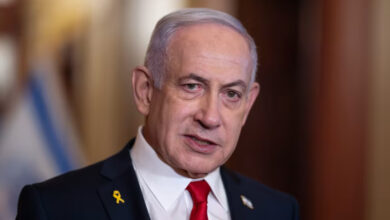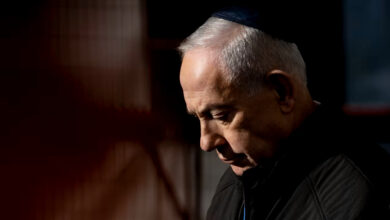
Israel and Turkey's agreement to normalize ties will boost the Israeli economy, Prime Minister Benjamin Netanyahu said on Monday, while Turkish President Tayyip Erdogan cast it as a step towards improving humanitarian conditions in Gaza.
The once-firm allies reached the agreement on Sunday after a six-year rift over the Israeli navy's killing of 10 Turkish pro-Palestinian activists who tried to sail to the blockaded Gaza Strip in 2010.
The rare rapprochement in the Middle East, bitterly divided over Syria's civil war, has been largely driven by increasing security risks with the rise of Islamic State, and as both countries seek new alliances amid a polarized region.
Speaking after meeting US Secretary of State John Kerry in Rome, Netanyahu said the agreement was "an important step".
"It has also immense implications for the Israeli economy, and I use that word advisedly," he told reporters together with Kerry. Israeli officials have raised the prospect of lucrative Mediterranean gas deals once ties with Turkey were mended.
Kerry welcomed the deal, saying, "We are obviously pleased in the administration. This is a step we wanted to see happen."
More details on the agreement are expected to be formally announced later on Monday by Netanyahu in Rome and Turkish Prime Minister Binali Yildirim in Ankara.
The agreement, politically touchy for both countries, could pave the way for gas deals and a diplomatic reprieve from Turkish troubles with next-door Syria and Europe.
Erdogan spoke with Palestinian President Mahmoud Abbas by phone on Sunday night and told him the deal would improve the humanitarian situation in Gaza, Turkish presidency sources said. They said Abbas expressed satisfaction with the developments.
Israel, which had already offered its apologies — one of Ankara's three conditions for a deal — for the 2010 raid on the Mavi Marmara activist ship, agreed to pay out US$20 million to the bereaved and injured, an Israeli official said.
A senior Turkish official described the deal as a "diplomatic victory" for Turkey, although Israel has not agreed to lift the Gaza blockade, one of Ankara's other conditions.
Gaza is run by Hamas Islamists hostile to Israel, and the Israeli government says the blockade is needed to curb Hamas arms smuggling.
Under the deal, Turkey will deliver humanitarian aid and other non-military products to Gaza and carry out infrastructure projects, such as residential buildings and a hospital, the official said. Steps to tackle the city's water and power supply crisis will also be taken.




